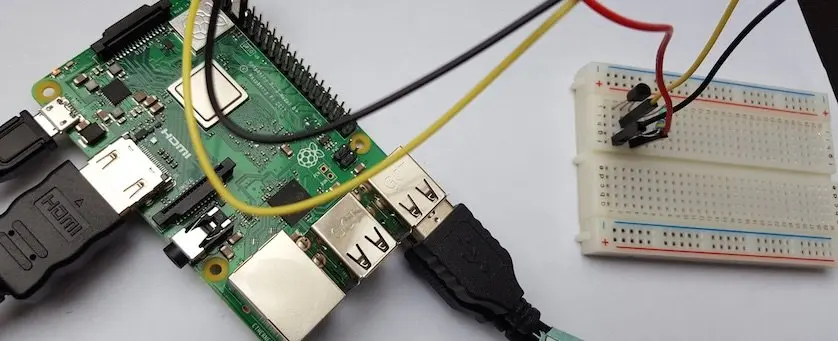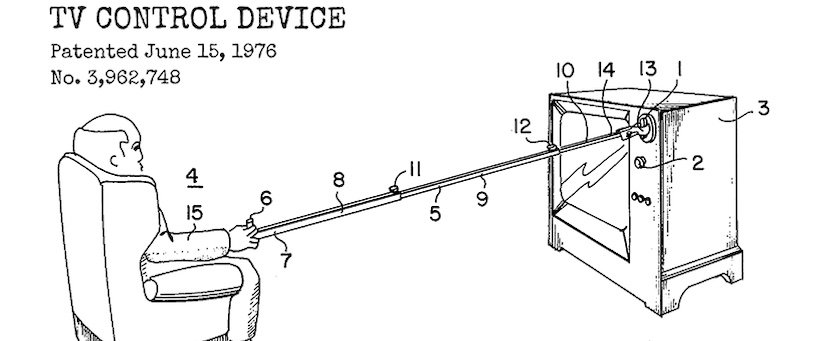If you've come up with a promising idea or invention, starting your own tech startup is one path forward—but it's not
the only one. You might also consider selling or licensing your idea to a company that has the resources to bring it
to market. This is a common approach in industries like pharma, where inventors often develop their ideas just far
enough to prove initial results—say, in animal models or small patient groups—before handing them off for full-scale
development.
Outside of pharma, the same principle applies: to attract a buyer or licensee, you'll usually need more than just an
idea on a napkin. Whether it's a prototype, a patent application, or even a well-developed concept on paper, some
level of validation is essential.
Looking for the complete picture?
Begin with our main article: Selling an Idea.
This comprehensive guide is the foundation of this topic and ties together everything you need to know about selling or licensing your idea.
This page brings together articles and resources related to selling or licensing an idea, including how to prepare,
what potential buyers are looking for, and how to approach the process.

Got a promising product concept but not the time, skills, or desire to build a business around it? Maybe you're an
inventive mind who enjoys creating new solutions, but would rather leave the business side to others. In that case,
launching a startup isn't your only option, there's another route: you can pitch and sell your idea to an existing
company.

Why should you apply for a patent? How does the process work, and when are you eligible to file? More importantly, are
there situations where seeking a patent might not be the best choice?
Imagine this: you've come up with a groundbreaking idea or even turned it into a tangible invention. Now, you're
considering how to monetize your innovation—whether by launching your own business or licensing your idea to others.
Before moving forward, it's crucial to understand that the primary motivation behind obtaining a patent is financial
gain. Here's why:...

Confidentional information is only valuable as long as it remains secret—which is why non-disclosure agreements (NDAs) play a
central role in protecting the info. Also known as Confidentiality Agreements (CDAs), NDAs legally bind parties to keep
shared information private, making them essential in trade secrets, partnerships, negotiations, and early-stage product
development.
Because there's no one-size-fits-all NDA, it's useful to know what to look for before signing one. On this page,
you'll find a practical checklist of NDA essentials and a downloadable Word template you can tailor to your own
needs. Whether you're protecting an algorithm, product concept, or business strategy, a well-structured NDA is your
first line of defense.

Here we will discuss
techniques used to calculate the value of a business and which ones are suitable for determining the value of a
startup. We will do this using an invention we've conjured up called the iCic. Additionally, we will illustrate with
this example some hurdles you might encounter on the challenging journey from idea to product.







